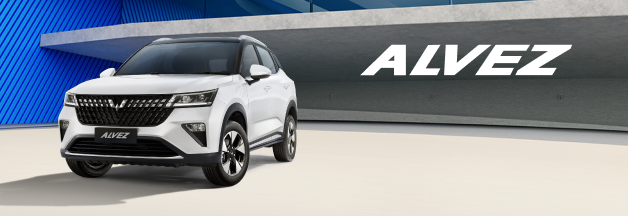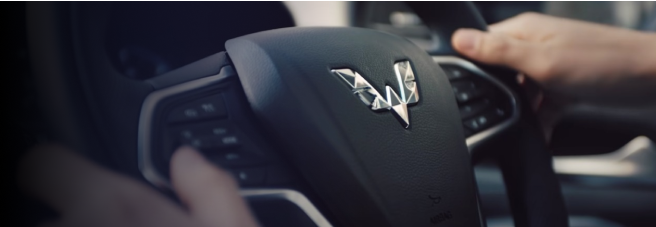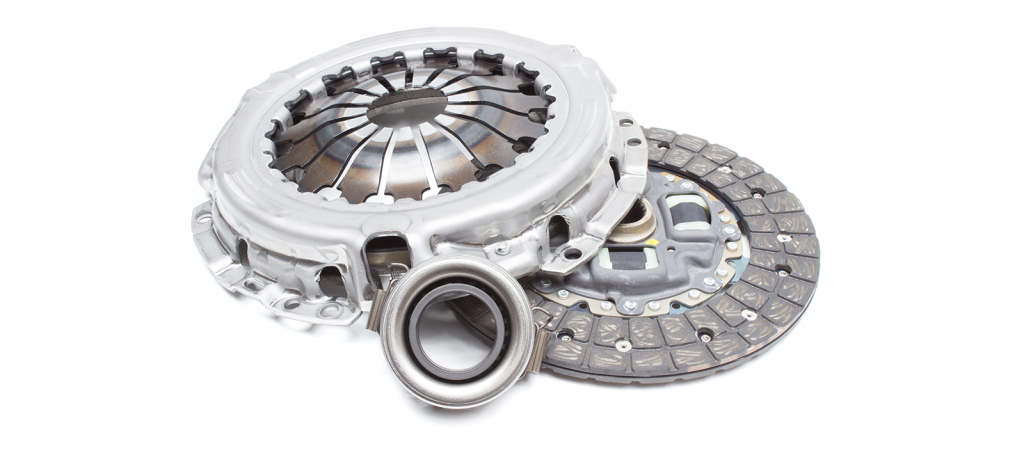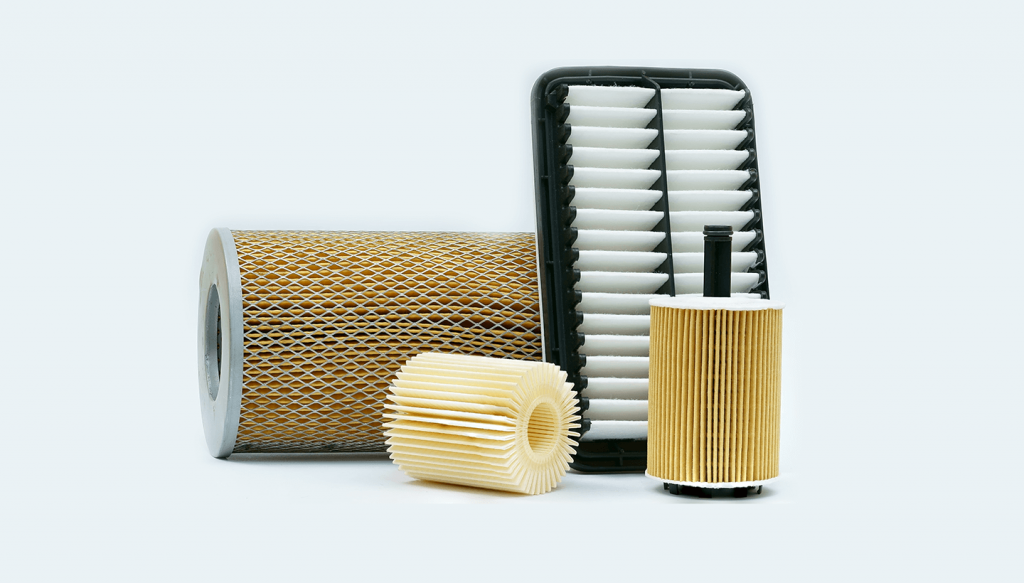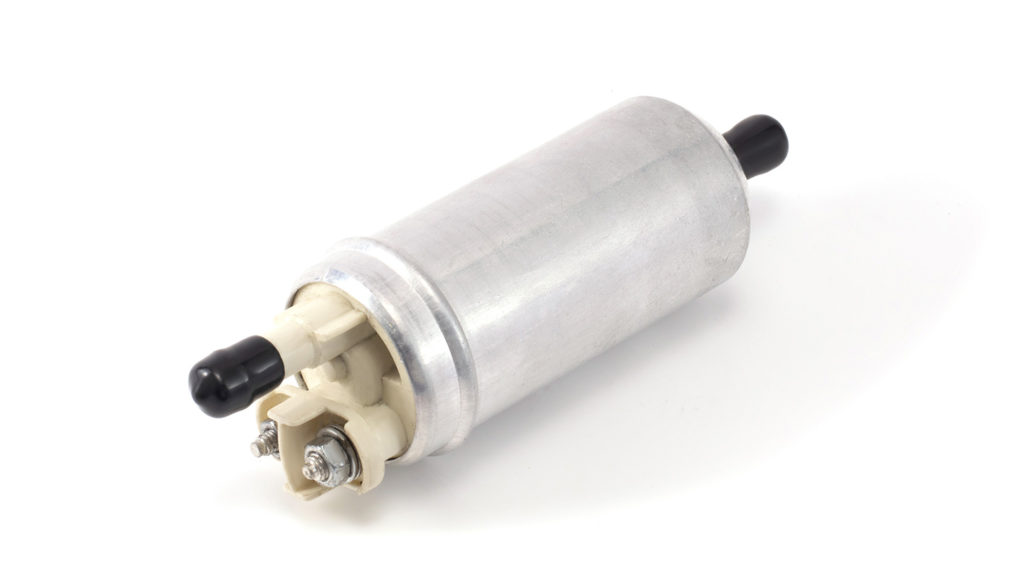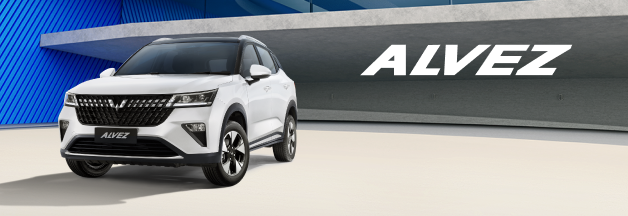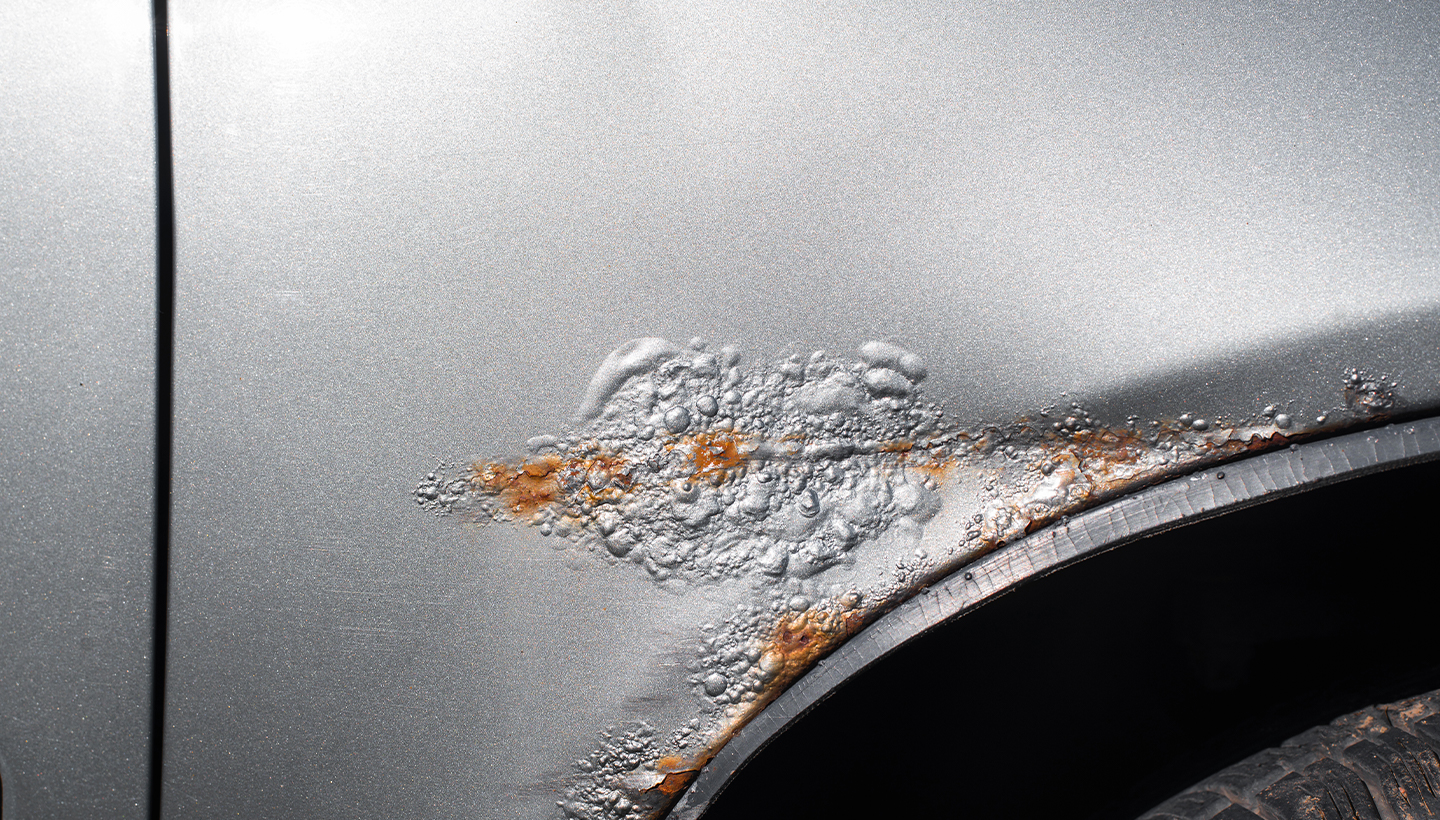
Corrosion, or rust, is a car's primary nemesis because cars are made of metal. Despite the better anti-corrosion protection in modern vehicles, no car is entirely immune to the dangers of corrosion. Especially susceptible are areas prone to rust, such as the undercarriage, bumpers, and the car's engine.
While the risk of corrosion can loom over your car, there's no need to worry excessively. With the right understanding and proper preventive measures, you can keep your car clean and corrosion-free.
This article will comprehensively discuss how to prevent corrosion on cars, especially in vulnerable metal areas.
Factors Causing Corrosion in Cars
Before preventing or addressing corrosion in cars, it's important for drivers to understand the factors that can cause it. Generally, corrosion occurs when metal is exposed to air, water, or salt, resulting in metal oxidation.
Here are some factors that can cause corrosion in cars:
1. Exposure to Rainwater
Water, especially rainwater with high acidity, can accelerate the corrosion process on metal. Consequently, cars frequently exposed to rain are more susceptible to rust compared to those sheltered from it.
2. Flooding
Baca Juga
Cars submerged in floodwater also face a high risk of corrosion. Floodwater from rain is highly acidic, which can speed up the corrosion process on metal. Floodwater can also damage protective coatings and paint layers on metal.
3. Accumulation of Dust and Dirt
Accumulated dust and dirt, even forming crusts on the car's undercarriage, can make it damp and prone to rust. This is especially true if these particles contain salt or other corrosive chemicals.
4. Extensive Usage
Vehicles used extensively in harsh environments have a higher risk of corrosion. This is because such cars are exposed to higher levels of elements that can damage the car, such as dust, sand, mud, and more.
5. Collision Damage
Cars with collision damage can also be prone to corrosion. This is because collision damage often lacks protective coatings, leaving the metal exposed. Dust and dirt can directly contact the metal.
6. Frequent Exposure to Seawater
Lastly, exposure to seawater can cause corrosion in cars. Seawater, which contains salt, can speed up the corrosion process on metal. Coastal areas with higher salinity levels can also accelerate corrosion.
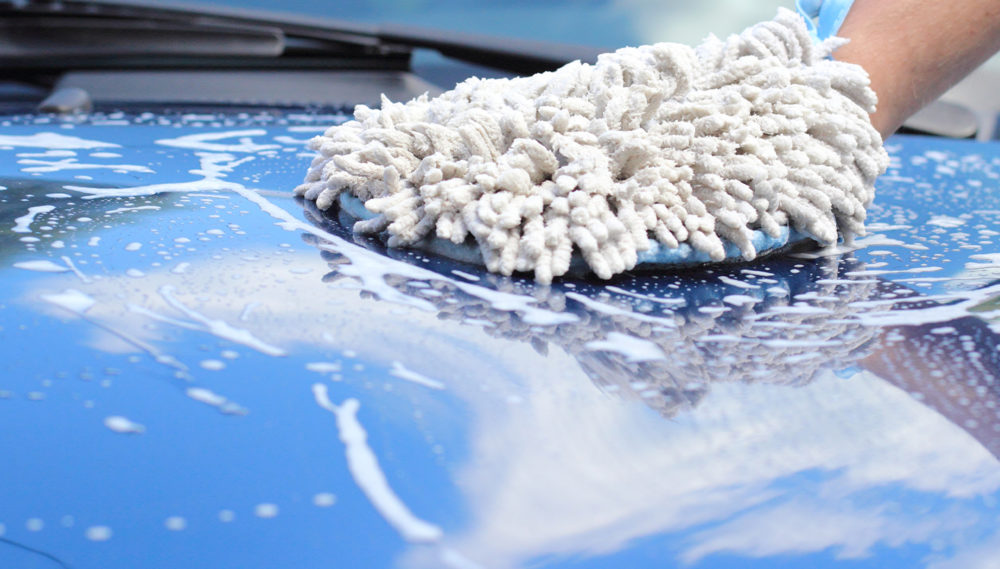
Preventing Car Corrosion
Baca Juga
So, how can you prevent corrosion in cars? Here are some steps you can take:
1. Regular Car Wash
Regular car washing is the most basic step to prevent corrosion. Washing your car can remove dirt and dust from its surface. Moreover, it can eliminate the acidity that lingers on the car's surface after rain. When washing your car, don't just clean the car's surface; make sure to clean the undercarriage too. You can also use specialized car detergents designed to protect metal coatings.
2. Use corrosion inhibitors
You can protect your car's surface with corrosion inhibitors. Corrosion inhibitors can prevent water and dirt from reaching the car's metal parts. It's advisable to apply corrosion inhibitors regularly, especially to vulnerable areas like the undercarriage and bumpers.
3. Repaint as Necessary
If you notice rust spots resembling small patches on your car's body, it's best to repaint them immediately. This can prevent further corrosion and keep your car looking good.
4. Regular Engine Inspection
To prevent engine corrosion, regularly inspect and clean your car's engine. This includes checking hoses and other components. Engine corrosion can lead to more serious damage, so it's advisable to perform routine checks.
5. Avoid risky environments
If possible, avoid parking your car in environments that are prone to accelerating corrosion, such as high-humidity areas or places near the sea. This can help reduce your car's exposure to corrosion-causing factors.
6. Prompt Repairs
Lastly, if there's any damage, it's essential to repair your car promptly. Don't wait until the damage worsens, as it could lead to more significant expenses.
Corrosion, or rust, is a common issue in cars. Some people tend to overlook it, especially when it appears as small patches that are not immediately noticeable. However, it's best not to underestimate this problem because even minor corrosion can spread and worsen over time if not addressed promptly. Therefore, it's better to tackle corrosion early on before it becomes more severe and costly.
In addition to this, it's also crucial to regularly perform preventive measures to keep your car corrosion-free. Remember to promptly wash your car after rain or exposure to dirt, apply corrosion inhibitors, repaint rust spots, inspect your engine regularly, avoid risky environments, and perform repairs as needed. These steps can help ensure your car stays in top condition and corrosion-free for years to come.
SHARE:










